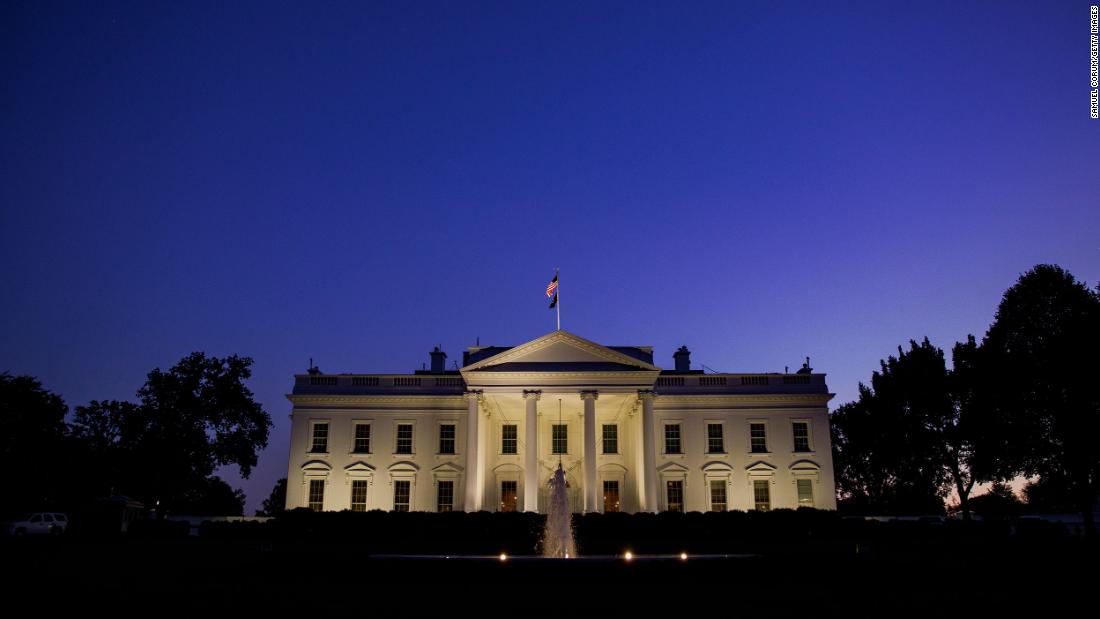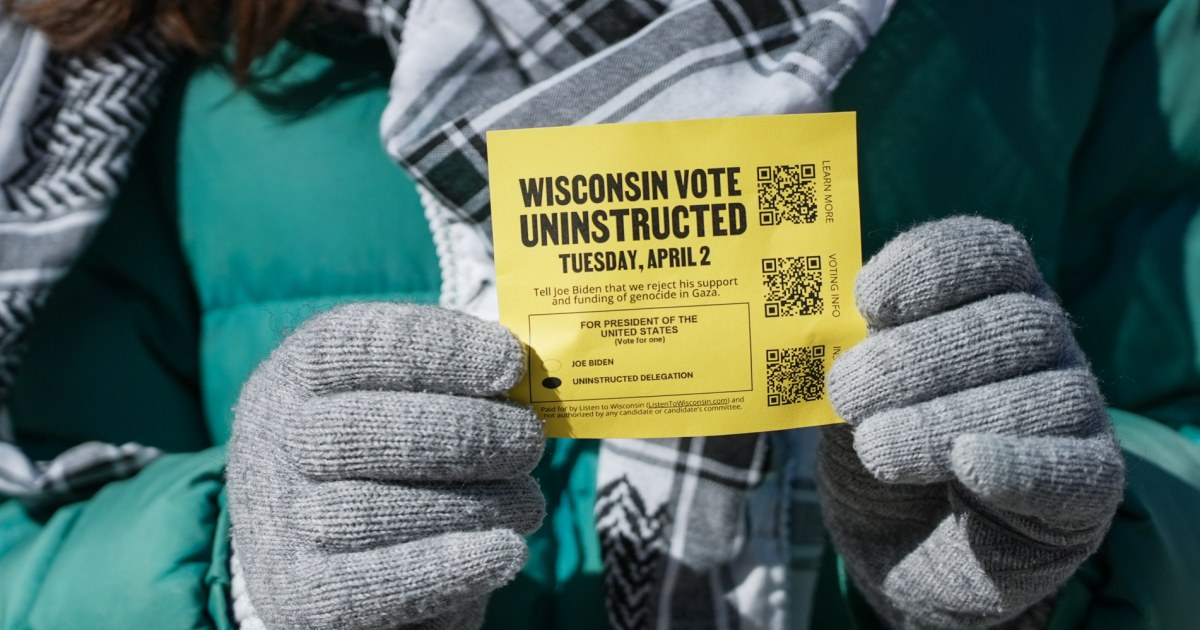Messages from Trump allies on assault on Capitol Hill 6:40
Editor's Note:
William S. Cohen, a Republican, is a former United States Senator from Maine and a former Secretary of Defense in President Bill Clinton's administration.
Gary Hart, a Democrat, is a former United States Senator from Colorado and the author of the forthcoming book "The American Republic Can Save American Democracy."
The opinions expressed in this comment belong solely to their authors.
(CNN) --
The House select committee investigating January 6 is uncovering the layers of deception and deception perpetrated by those who planned or participated in the effort to nullify the 2020 US presidential election.
During its investigation, the commission uncovered a draft executive order directing former President Donald Trump's secretary of defense to "seize, collect, retain and analyze all (voting) machines, equipment, electronically stored information and material records."
More recently, the commission revealed that it had obtained a text message from a member of Congress to then-White House Secretary General Mark Meadows urging Trump to consider declaring martial law to nullify the election. of 2020.
ANALYSIS |
Lies and Delusions Revealed in Former White House General Secretary Mark Meadows' Text Messages Poison Midterm Elections
Although the decree was never issued and the former president never invoked martial law, the mere conversation around the two serves as a compelling reason to examine the scope of the powers that an American president has.
Our Founding Fathers believed that constitutional checks and balances between the branches of government would prevent the concentration of political power in the hands of a dangerous few.
But they did not count on the accumulation of secret presidential powers to be used in times of national emergency or threats to national security.
Among the most hidden are the emergency powers created by presidential administrations in response to crises, real or imagined.
They come under the heading of Presidential Emergency Action Documents, or PEADs, and only require the president to declare a national emergency in response to a crisis, which can lead to the suspension of many of our rights constitutional.
This mysterious regime began during the Dwight D. Eisenhower administration, after the Soviet Union developed nuclear weapons and the ability to deliver them.
Our strategic planners began to think about the survival of the nation after a nuclear exchange between our two countries.
This planning became known as "continuity of government," an effort to address the question of who, and under what authority, would run our country if tens of millions of Americans and government structures perished in a nuclear attack.
Russian President Vladimir Putin's hint that he might consider the use of tactical nuclear weapons in Ukraine is a stark reminder that plans to maintain political order in catastrophic circumstances are not a relic of the past.
We can foresee circumstances other than nuclear war that require a president to take action to preserve order and stability, such as in the event of a major cyber or terrorist attack, a massive shortage of food and medicine, a pandemic, a catastrophe. climatic or a failure of the energy network.
As New York University's Brennan Center for Justice has pointed out, "Many (emergency powers) are measured and reasonable, but others seem like those of authoritarian regimes: giving the president the power to control national communications, seizing bank accounts of Americans and deploy American troops to any foreign country.
Although these documents have never been publicly released, scholars and journalists have been informed of their scope by the publication of some related government documents that reference earlier HDPEs.
Those of greatest concern, especially to those of us who wish to protect our constitutional rights, include the suspension of habeas corpus and national elections, the silencing of the press, the censorship of information, various forms of martial law, detention and arrest of individuals designated as terrorists or enemies of the state, and much more.
Currently, we can only speculate on how many HDPEs are still in existence and the nature of the proposed actions they contain, since they have not been subject to congressional oversight for decades.
But that same discretion about presidential action plans keeps the American people, including their elected representatives, in the dark about extraconstitutional powers that the would-be authoritarians among us might use to suppress our freedoms, not for the sake of survival, but for the sake of survival. of political power.
We believe it is imperative that congressional leaders appoint select commissions to examine the scope of HDPEs, bring to the attention of the press and the public the extraordinary powers they include, and produce a plan to reform, and if necessary cancel, the labyrinth of decrees established through this project.
The National Emergencies Act, first passed by Congress in 1976 to end all previous emergency declarations and formalize the president's known emergency powers, could be the starting point for congressional oversight and responsible reform. .
The Brennan Center for Justice has offered a draft reform of the law that would make it a more effective basis for review of emergency powers.
One of the reforms could be to impose a "sunset" provision on existing and future emergency declarations, so that once they are used in the case of a true emergency, they do not remain in force long after the past that emergency.
Genuine national security measures, such as the location of secret command centers, can be protected without suspension of habeas corpus or freedom of the press.
It is in difficult times, including during pandemics, violent acts of insurgency, and economic upheaval, that democracy is most vulnerable.
Authoritarians offer stability at the price of unlimited power.
But democracy does not allow power to be secret or absolute.
Our nation can better survive an external or internal threat if our citizens are well informed and are not held hostage by a hidden project of authoritarian government disguised as democratic security.
Executive power








/cloudfront-eu-central-1.images.arcpublishing.com/prisa/ER2D3J6IDZDC3M6454S36Q6GCI.jpg)
